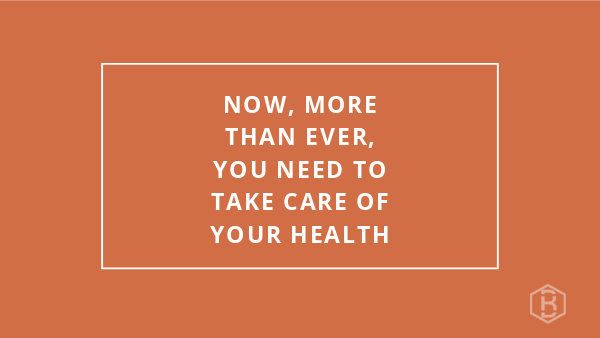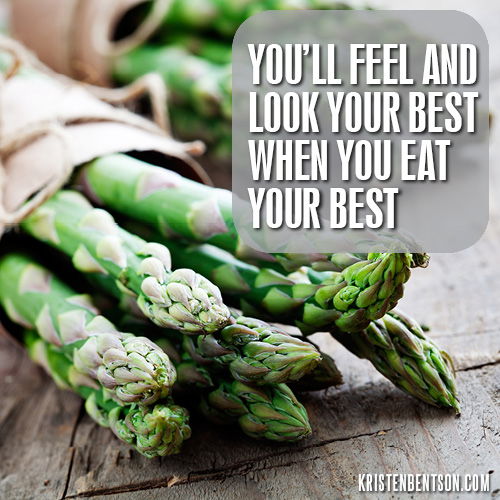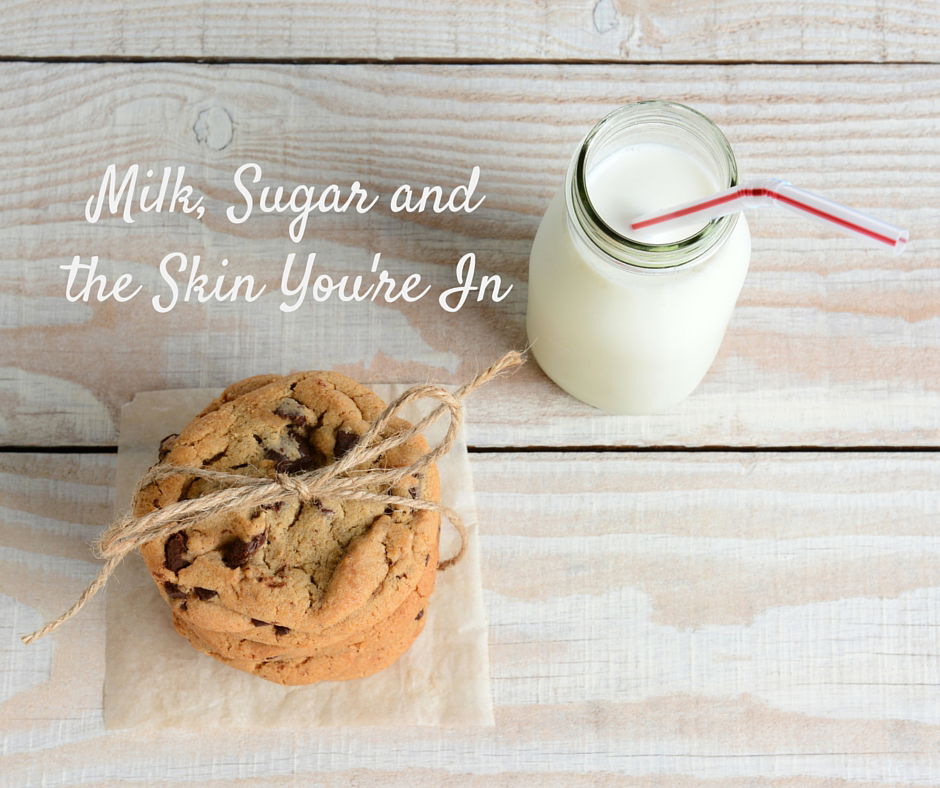Is that morning cup of joe the kick start to your mojo? Join the club. Next to water, coffee is the most popular beverage out there. If you’re a coffee fan, I’m guessing you’ve at one time or another wondered whether or not this caffeinated ritual is a healthy one.

First, I’ll tell you that I don’t drink it; I don’t drink it for two reasons. Reason 1: I don’t like the taste. Reason 2: It makes me sweaty and gives me headaches. My husband, on the other hand, loves it. Loves the taste and loves the shot of energy. He doesn’t notice any negative effects. So, before we jump into the nitty-gritty let me say this. If coffee makes you feel weird, don’t drink it. If it makes you feel fabulous and you love it, weigh the risk and benefit.
Here’s what’s good about coffee:
- Coffee Drinkers May Live Longer: If longevity is the name of your game, a coffee or two might just do. Several studies show that regular coffee drinking increases length of life.
- Coffee May Reduce Your Risk of Certain Cancers: Coffee is loaded with antioxidants which might protect you from prostate, liver, oral, colon, breast and other cancer.
- Coffee May Protect Your Brain: Drinking java may help prevent Parkinson’s, stroke, dementia and Alzheimer’s .
- Coffee Might Stabilize Blood Sugar: That Starbucks run could help you prevent and fight type 2 diabetes and metabolic syndrome.
- Coffee Makes You Less Likely to Kill Yourself: This one I had to see to believe! A study out of Harvard indicates that people who drink caffeinated coffee were less likely to commit suicide. Hmm…
Here’s what’s not so good about coffee:
- You Add Cream and Sugar: While the health benefits of coffee itself are a little unclear at this time, there are no doubts in my mind that saturated fat and white stuff are no good. Just the other day, I had to put a hand over my mouth and bite my tongue as I watched a man add 6 sugars to his coffee. The coffee probably won’t kill him (and in all reality will probably make him healthier and more sane), but the cream and sugar just might. Heart disease, diabetes and cancer are all without-a-doubt linked to these common coffee accompaniments.
- Coffee Can Give You Headaches: Especially if you’re prone to migraines, coffee might instigate some serious head pain.
- Coffee Can Make You Anxious: Caffeine is a stimulant that causes the release of stress hormones; if you’re already stressed, you might find that coffee increases your sense of anxiety.
- Coffee May Cause Insomnia: If you’ve ever had a cup of coffee before bed, you know how hard it can be to find those zzz’s. If you have trouble sleeping, avoid coffee for 6 hours before hitting the sack.
- Coffee May Impact Your Blood Pressure: If you’ve got hypertension or a proclivity for high blood pressure, you might want to steer clear.
So, here’s my recommendation. If you love coffee, go for it. I think the commonly held belief that coffee is “bad for you” will soon be a notion of the past. But, don’t feel like you have to drink it. Tea, berries, beans and nuts are also loaded with the same kinds of antioxidant and nutrient powerhouse phytochemicals that can prevent and fight disease.
References:
Association of Coffee Drinking with Total and Cause-Specific Mortality. Neal D. Freedman, Ph.D., Yikyung Park, Sc.D., Christian C. Abnet, Ph.D., Albert R. Hollenbeck, Ph.D., and Rashmi Sinha, Ph.D. N Engl J Med 2012; 366:1891-1904 May 17, 2012
Effects of Habitual Coffee Consumption on Cardiometabolic Disease, Cardiovascular Health, and All-cause Mortality. O’Keefe JH, Bhatti SK, Patil HR, Dinicolantonio JJ, Lucan SC, Lavie CJ. J Am Coll Cardiol. 2013 Jul 3
Coffee and Health. Tuomilehto J. Duodecim. 2013;129(13):1398-405.
Coffee, caffeine, and risk of completed suicide: Results from three prospective cohorts of American adults. Lucas M, O’Reilly EJ, Pan A, Mirzaei F, Willett WC, Okereke OI, Ascherio A.World J Biol Psychiatry. 2013 Jul 2.
The association of coffee intake with liver cancer incidence and chronic liver disease mortality in male smokers. Lai GY, Weinstein SJ, Albanes D, Taylor PR, McGlynn KA, Virtamo J, Sinha R, Freedman ND. Br J Cancer. 2013 Jul 23
Coffee consumption and risk of localized, advanced and fatal prostate cancer: a population-based prospective study. Discacciati A, Orsini N, Andersson SO, Andrén O, Johansson JE, Mantzoros CS, Wolk A. Ann Oncol. 2013 Jul;24(7):1912-8.
Tea and coffee consumption and risk of oral cavity cancer: results of a large population-based case-control study, the ICARE study. Radoï L, Paget-Bailly S, Menvielle G, Cyr D, Schmaus A, Carton M, Guida F, Cénée S, Sanchez M, Guizard AV, Velten M, Stücker I, Luce D. Cancer Epidemiol. 2013 Jun;37(3):284-9.
Dietary total antioxidant capacity and colorectal cancer: A large case-control study in Italy. La Vecchia C, Decarli A, Serafini M, Parpinel M, Bellocco R, Galeone C, Bosetti C, Zucchetto A, Polesel J, Lagiou P, Negri E, Rossi M. Int J Cancer. 2013 Sep 15;133(6):1447-51.
High coffee intake, but not caffeine, is associated with reduced estrogen receptor negative and postmenopausal breast cancer risk with no effect modification by CYP1A2 genotype. Lowcock EC, Cotterchio M, Anderson LN, Boucher BA, El-Sohemy A. Nutr Cancer. 2013;65(3):398-409
Effects of 16-week consumption of caffeinated and decaffeinated instant coffee on glucose metabolism in a randomized controlled trial. Ohnaka K, Ikeda M, Maki T, Okada T, Shimazoe T, Adachi M, Nomura M, Takayanagi R, Kono S. J Nutr Metab. 2012;2012:207426.












